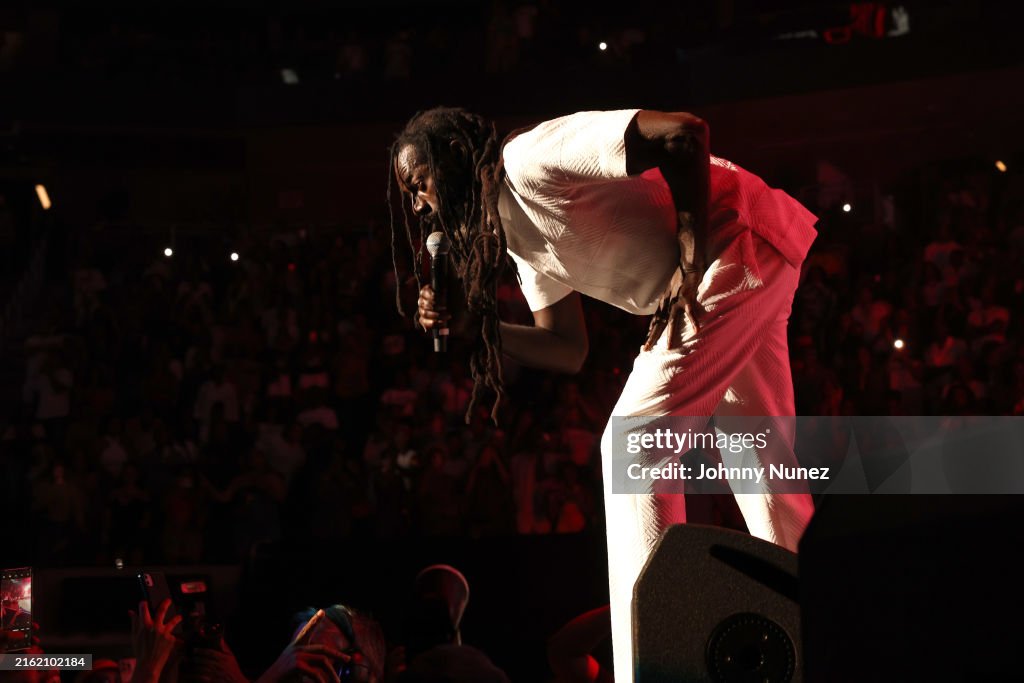So far in 2022, 12 journalists have lost their lives due to the increased violence against journalists in Mexico and the situation is unlikely to stop unless the Mexican government takes serious action to protect their lives. These numbers are particularly alarming when considering that within only six months in 2022, there are already far more deadly victims than in 2021 when there were a total of nine journalists killed In the last few years, Mexico has unfortunately become the most dangerous country in the world for journalists outside active war zones; a gruesome title that only begins to scratch the surface of the reality journalists face.
To make matters worse, since President Andrés Manuel López Obrador (AMLO) took office in 2018, he has turned his press conferences into a space of intimidation and threats against journalists who question his administration. AMLO has gone as far as releasing confidential tax information to delegitimize journalists in public. Many journalists live in constant fear, such as Arturo Rosales, who lost his mentor in an attack. Rosales, too, sadly faces threats which have only strengthened his commitment to his work as a journalist. “But I’m not going to stop doing this,” he said. “This is important work.”
AMLO’s incendiary speeches are only the tip of the iceberg. The reality is that the government mechanisms which are supposed to protect journalists remain underfunded and poorly implemented. Since its creation in 2012 through April 2022, the Federal Mechanism for the Protection of Human Rights Defenders and Journalists, has covered a total of 521 journalists and 1,045 human rights defenders under threat,but it has not been very effective. The mechanism currently provides threatened reporters and rights defenders with protective measures, such as panic buttons, body guards, and access to safe houses. However, the police protection provided by the government is often not reliable, panic buttons often don’t work, and the protections are not tailored for journalists in every location of Mexico. On a larger scale, the Federal Protection Mechanism is chronically understaffed and underfunded, leading to delays in protection that can cost lives.
The Office of the Special Prosecutor for Crimes Against Freedom of Expression (FEADLE), another mechanism created to investigate crimes against journalists, has also proven weak. Since 2010, when the mandate was expanded to include crimes against freedom of expression and it gained authority to conduct investigations into attacks on journalists and news outlets, FEADLE has registered 105 investigations into killings but just 6 have led to homicide convictions. This means that out of the registered cases, only 6.4 percent of those responsible for the deaths of journalists are punished, while 93.4 percent of murderers go unpunished. Lack of technical capacity, lack of adequate cooperation with police and state prosecutors, and lack of high-level support for its efforts are among the FEADLE’s main defects. This special unit has also proven unable to investigate crimes in a way that can help families of journalists who have been killed or disappeared find justice. This impunity not only fuels additional killings of journalists as their attackers evade legal repercussions but also creates an environment of fear that journalists and their families are forced to live through every day.
Journalists play a crucial role in society by informing the public about current events around the country and the world, exposing government corruption, and highlighting human rights violations. In countries where the media is not free, information and the truth cannot circulate freely. We urge the U.S. and Mexican governments to prioritize in their bilateral relationship the growing problem of violence, attacks and threats toward journalists and human rights defenders in Mexico. The Mexican government must increase the budget of government protection programs and improve protection programs so that they are more reliable, timely, and better personalized for each case. Investigations and prosecutions in cases of violence against journalists must advance and the public intimidation of journalists by the President and other government officials must end. While President López Obrador has just announced new funding for pension, health insurance, and other services for journalists, it remains unclear to what extent this new initiative will actually prevent and address violence against journalists. The Mexican government should recognize its own role in failing to protect journalists from deadly harm. Each day that passes is another opportunity that is missed by the Mexican government to take a stand for the victims of these targeted attacks, for the families who are left behind, and for Mexican journalists who are forced to wonder if they will live another day.




















Discussion about this post